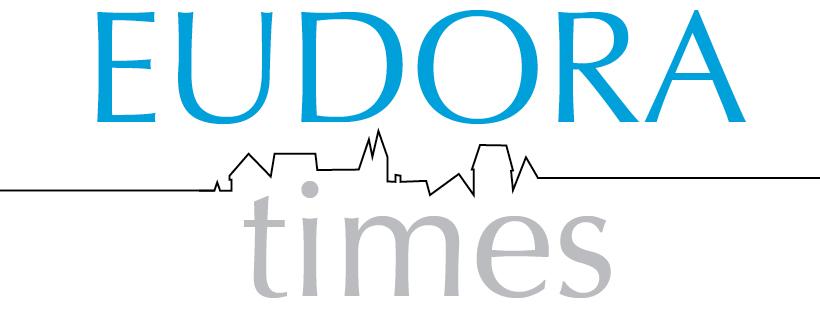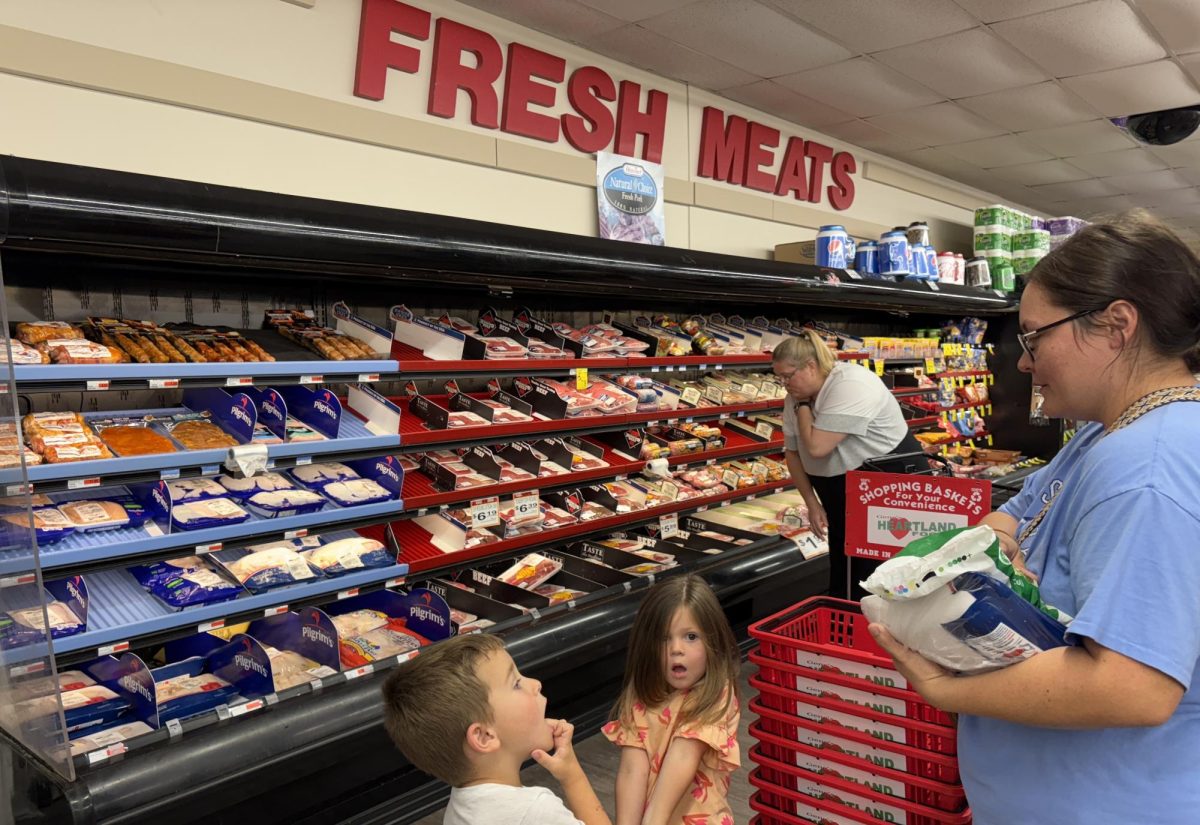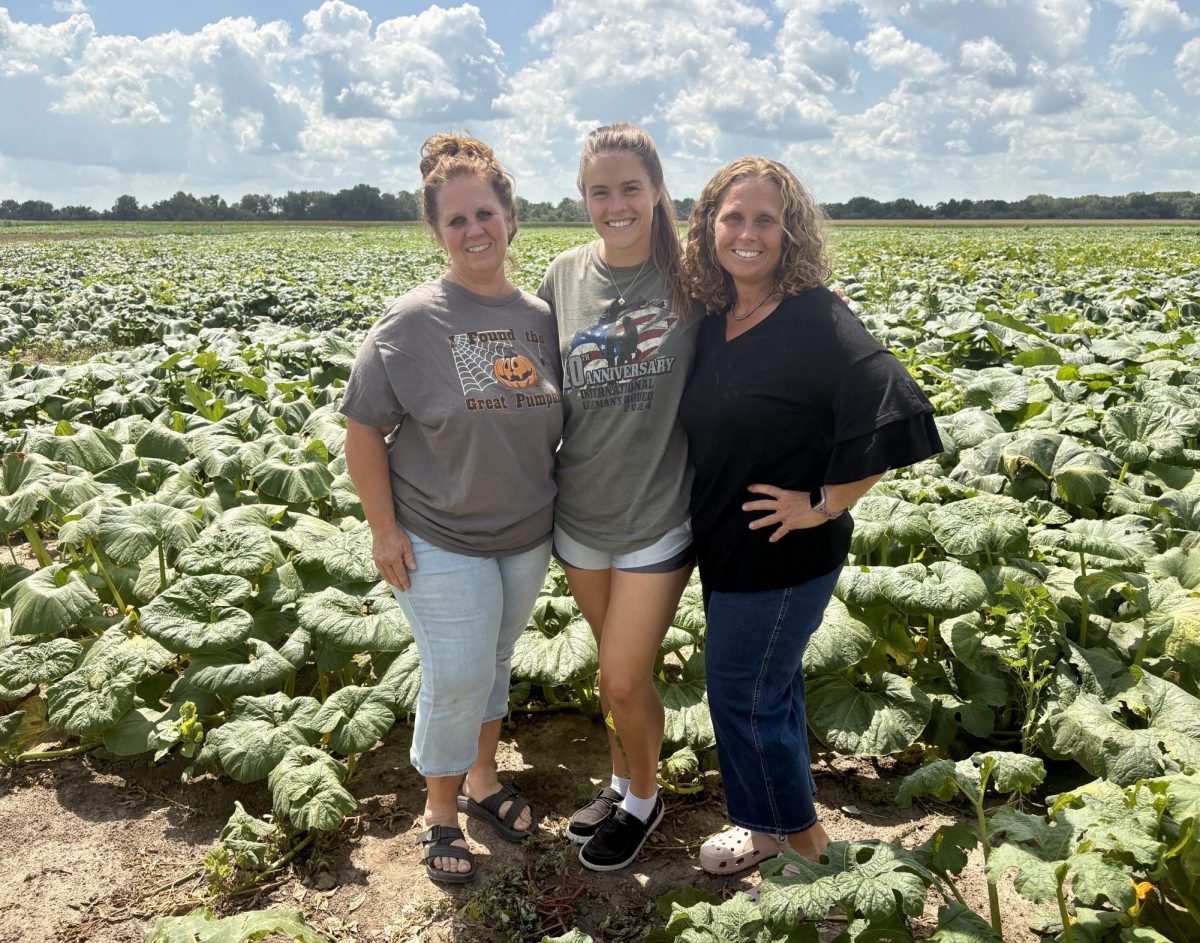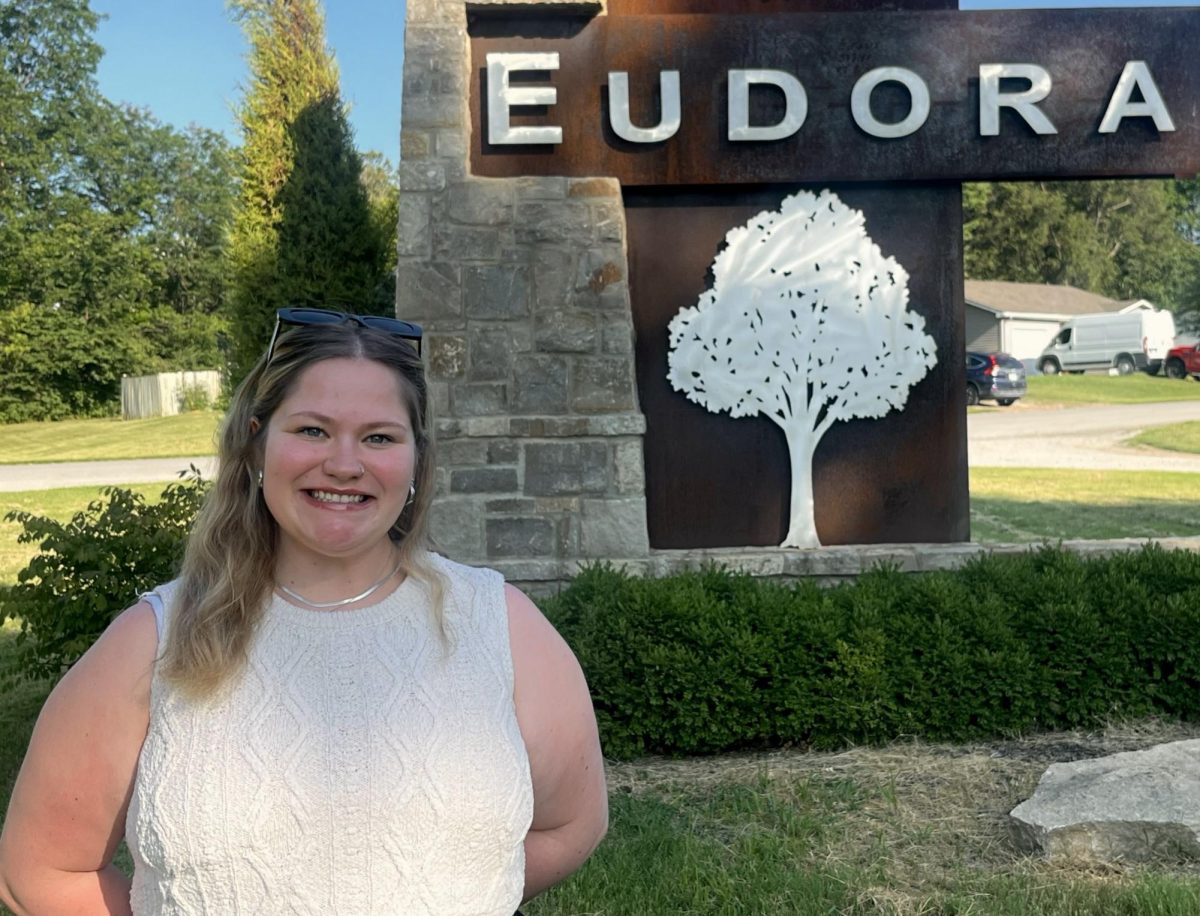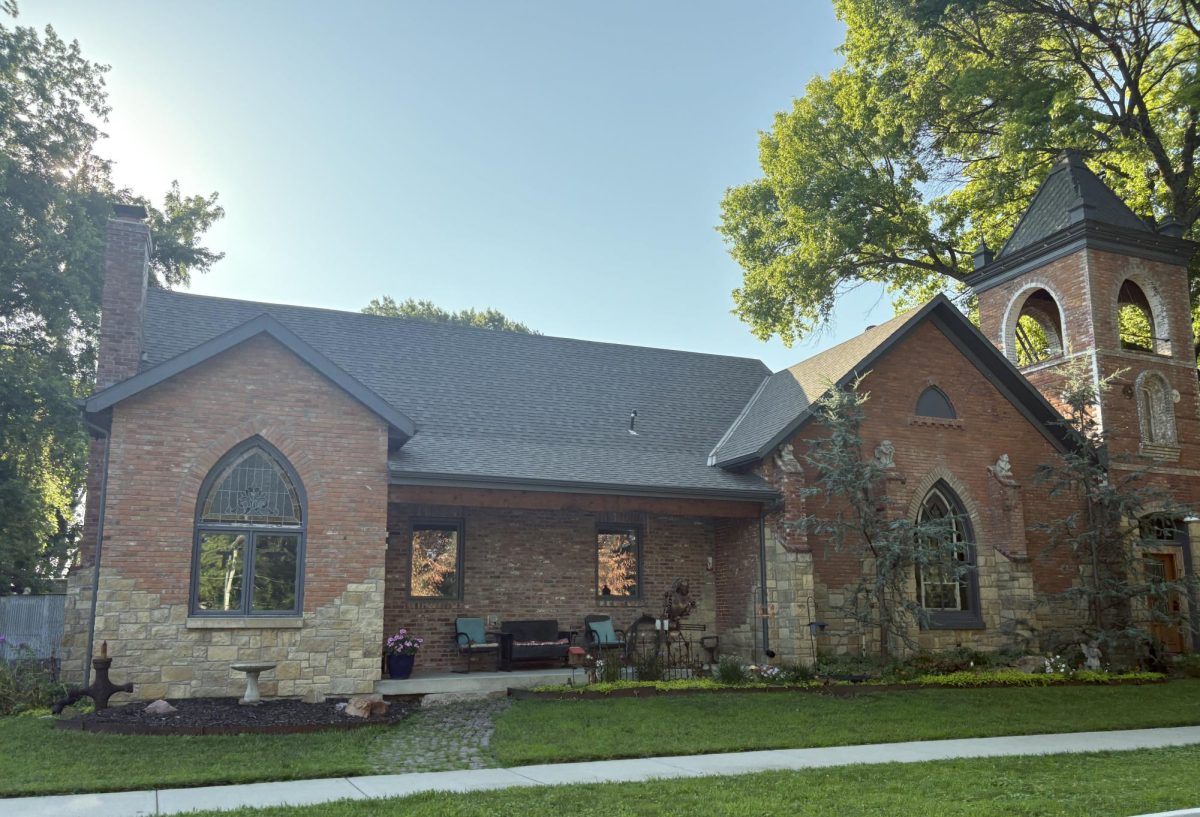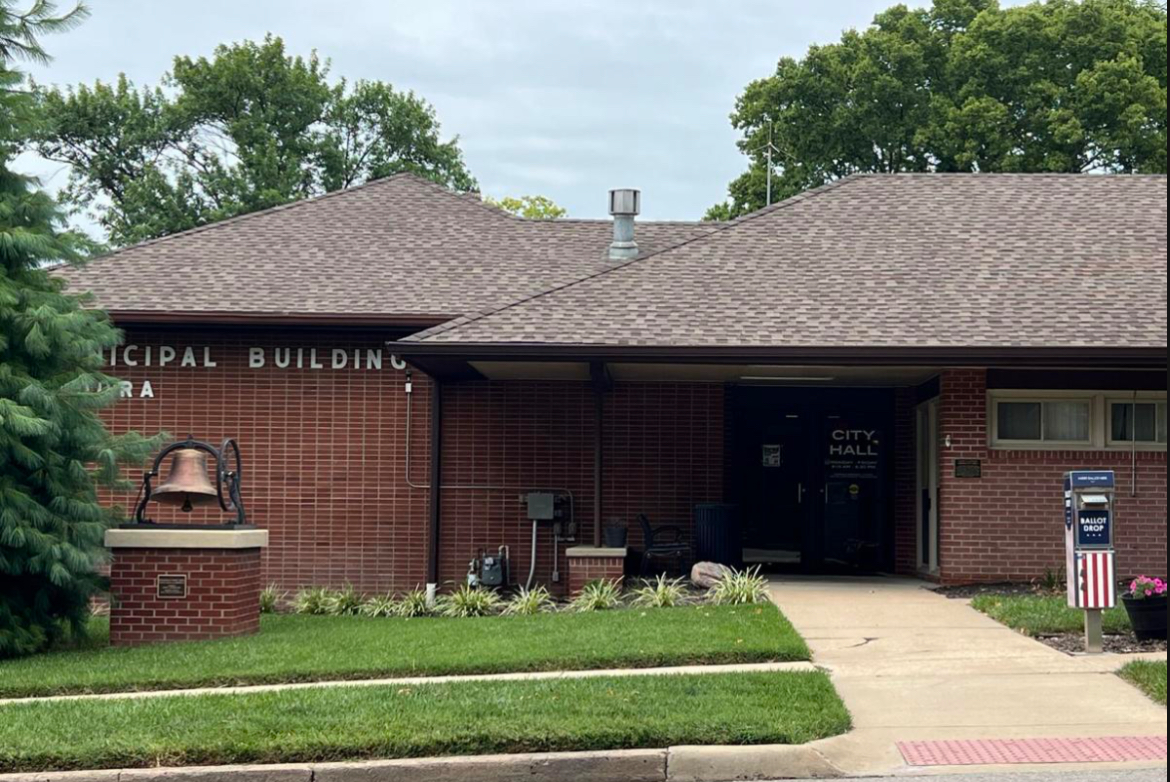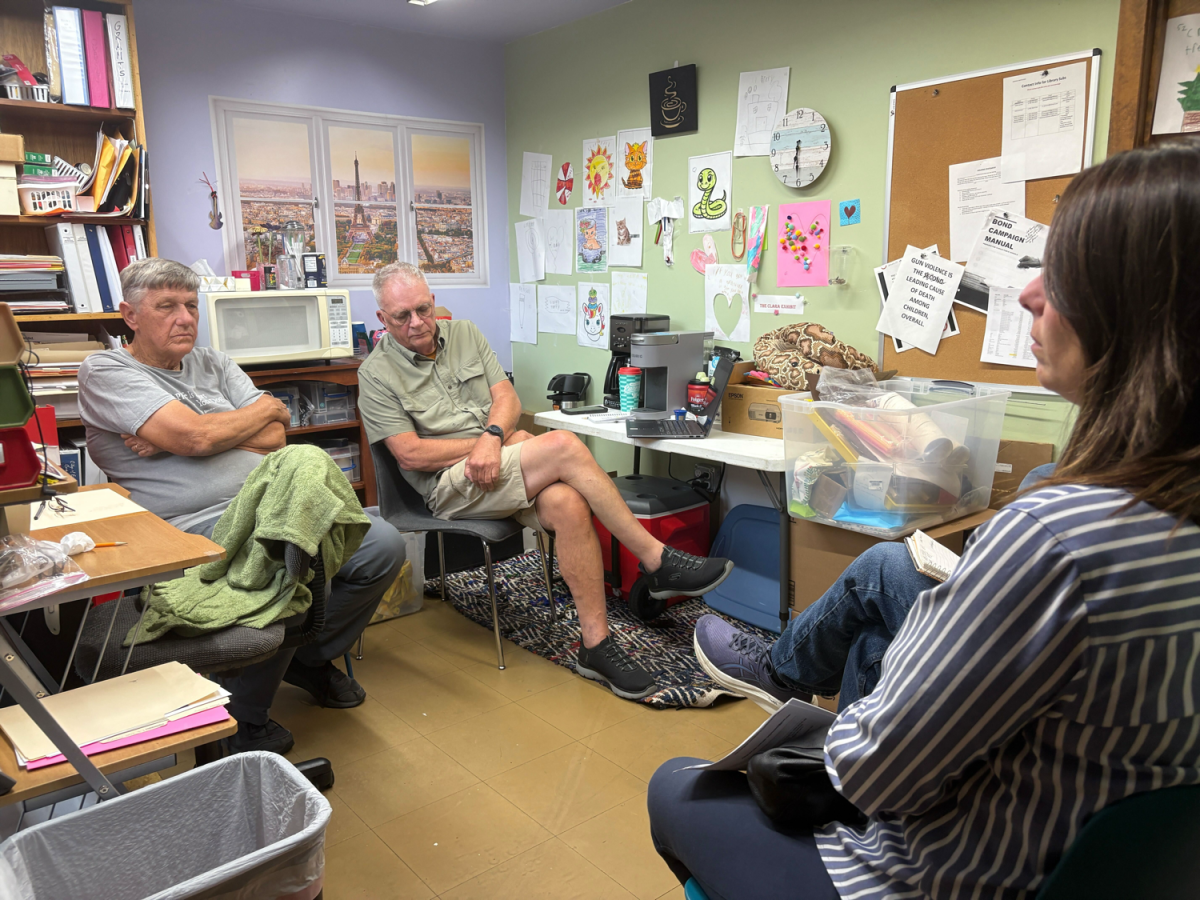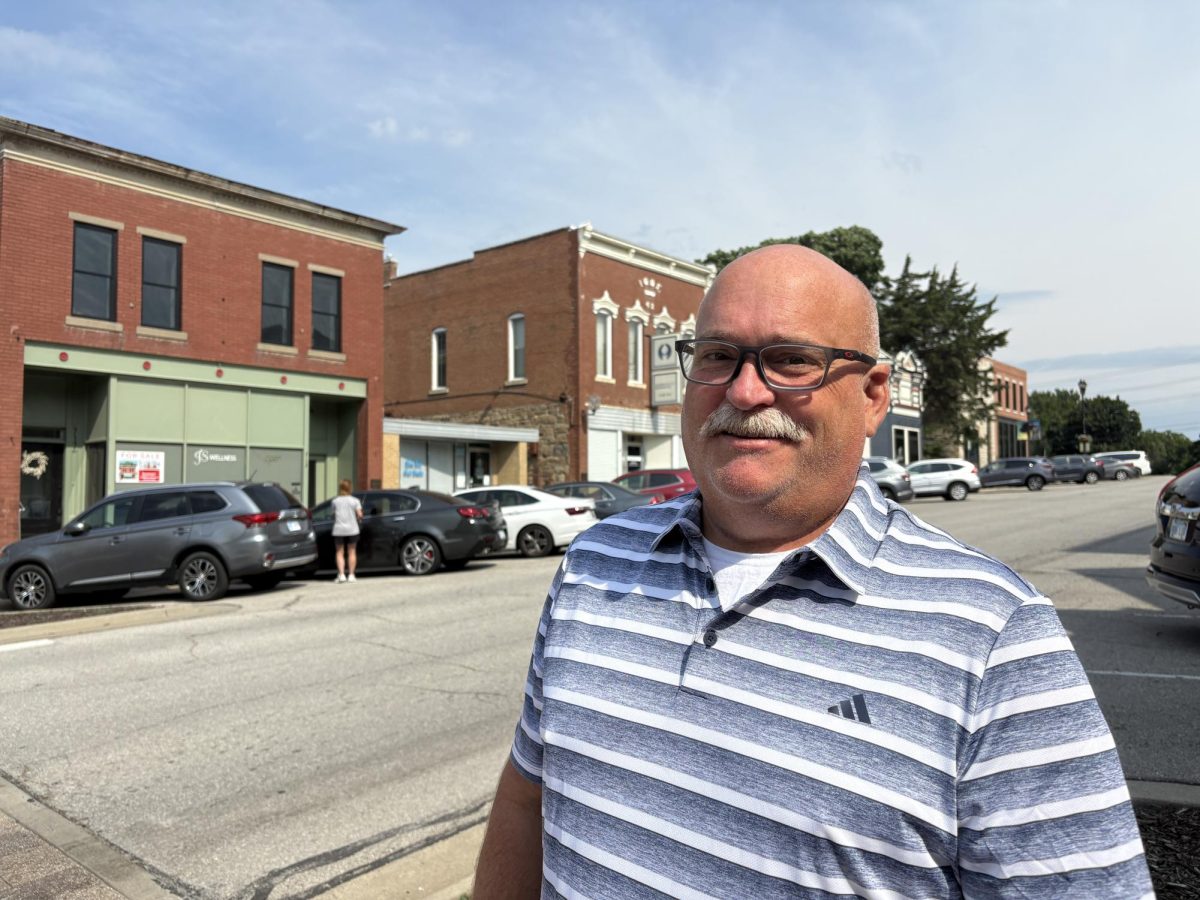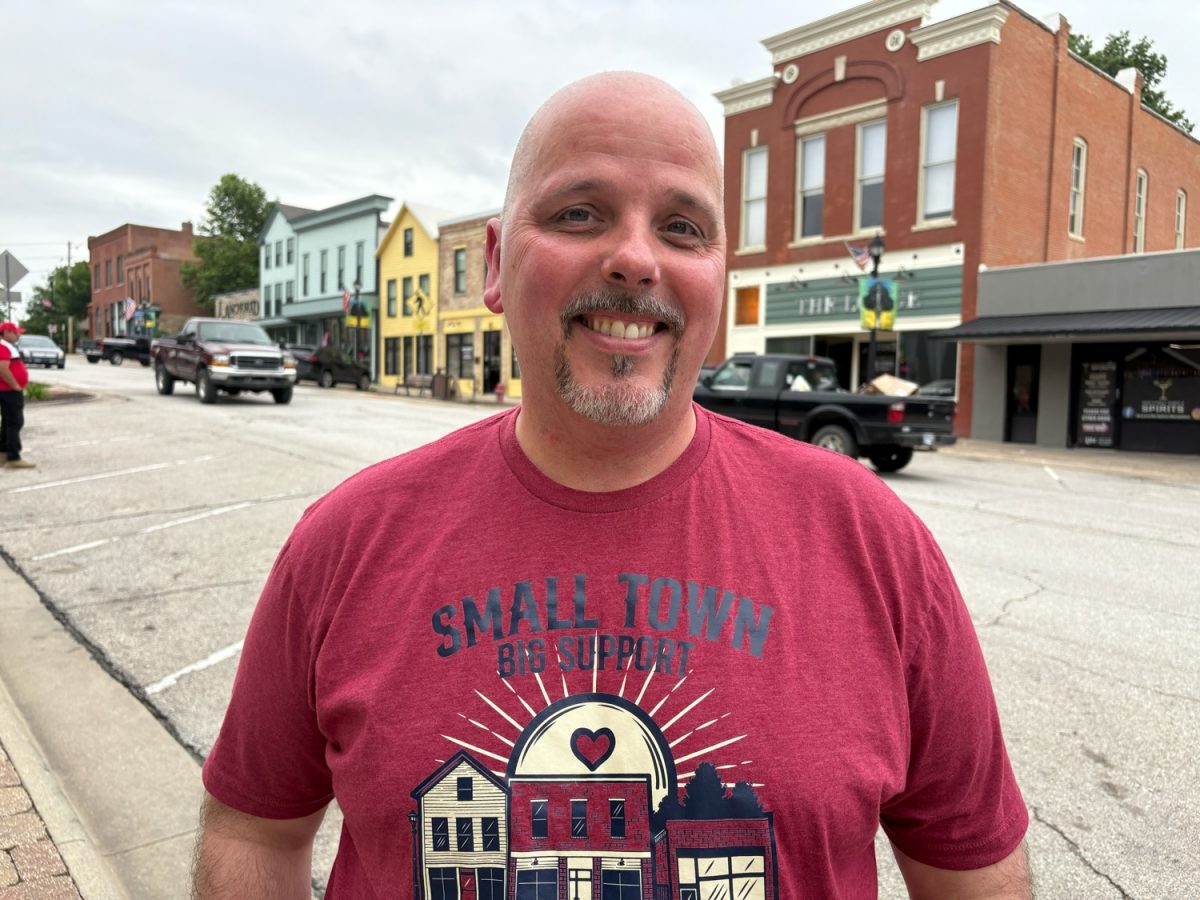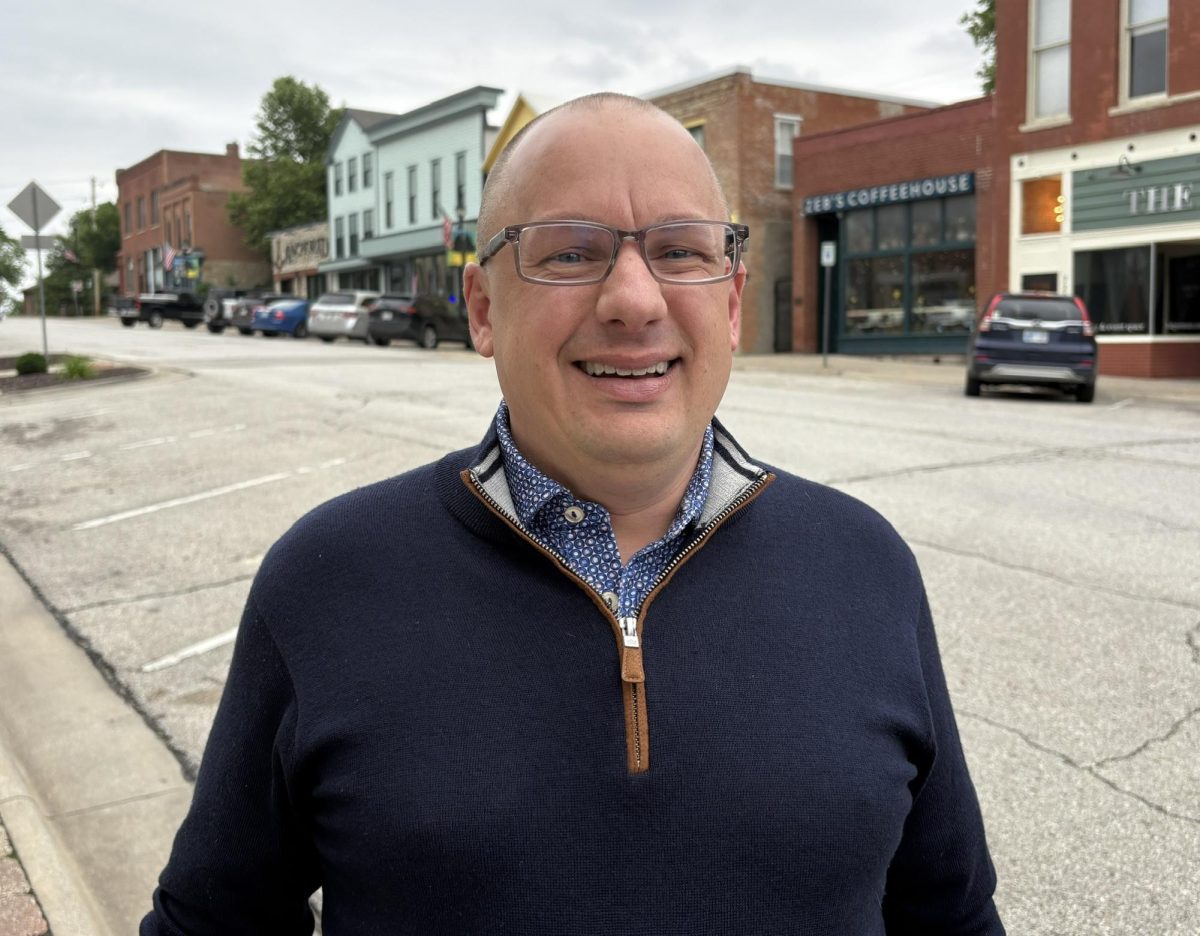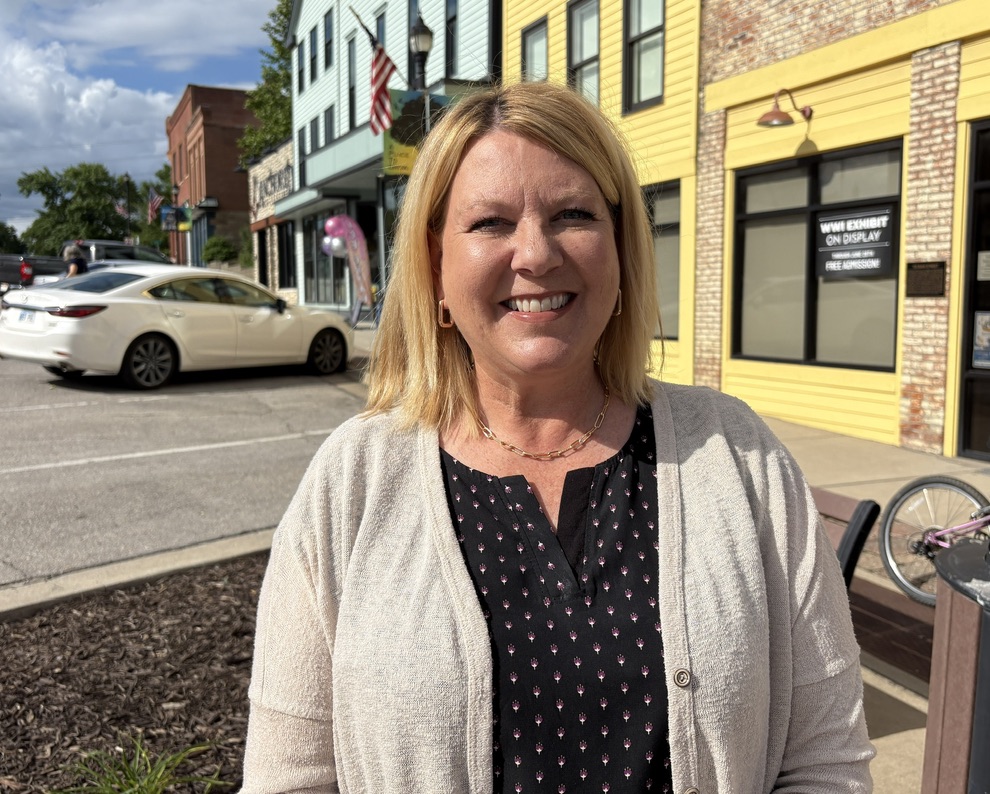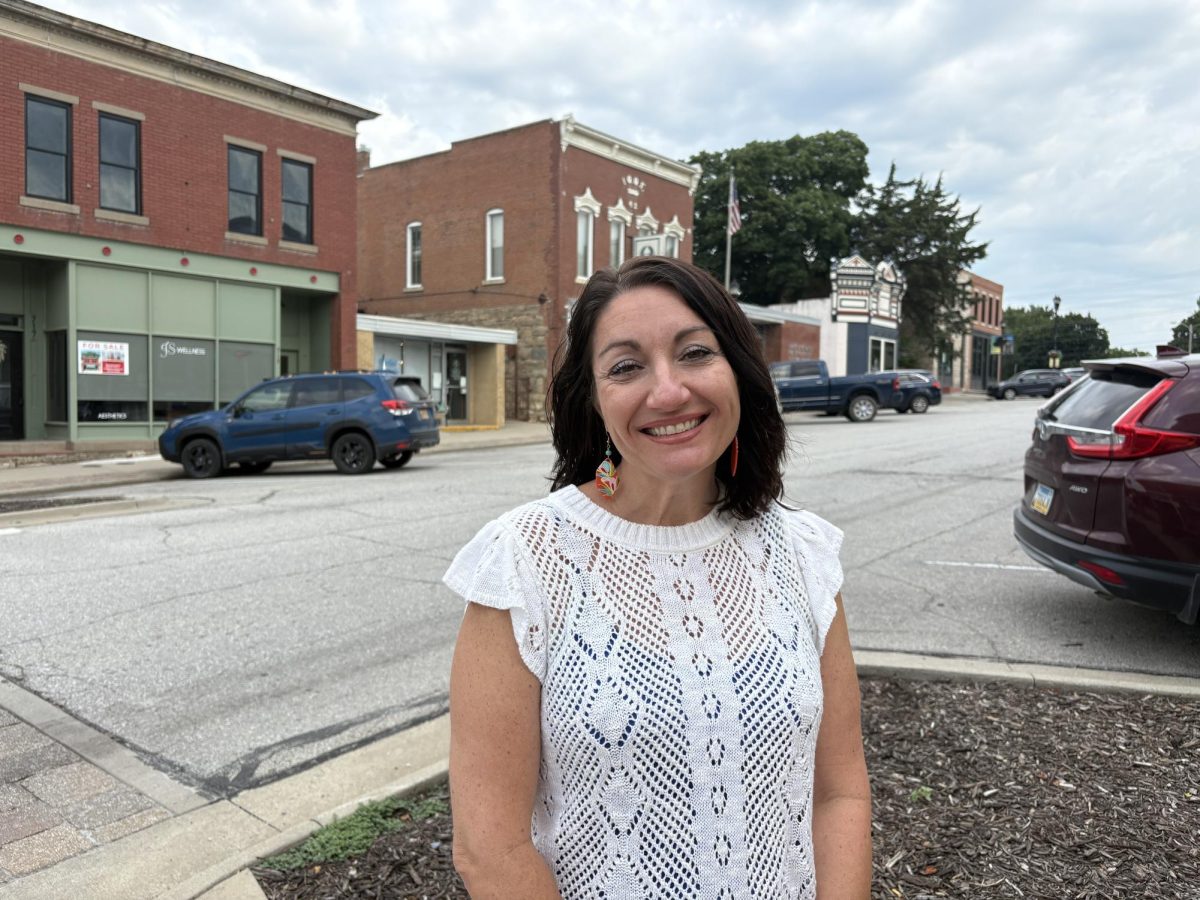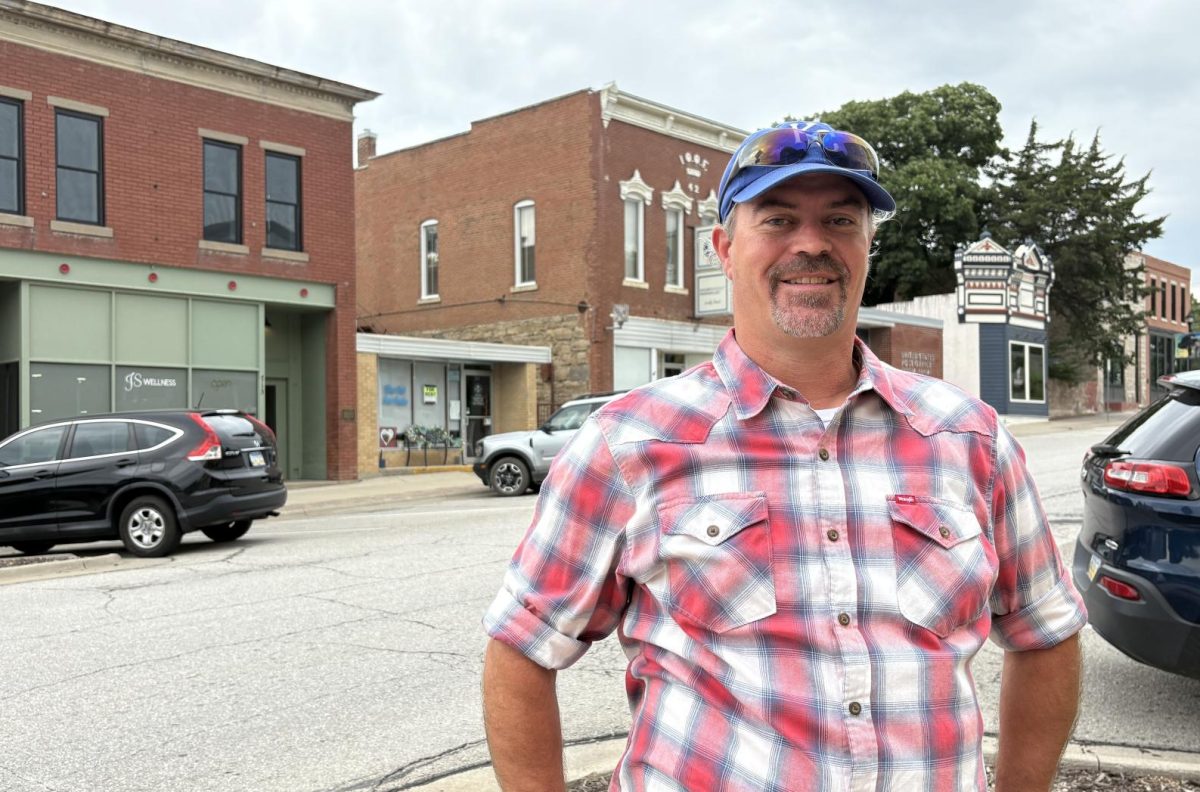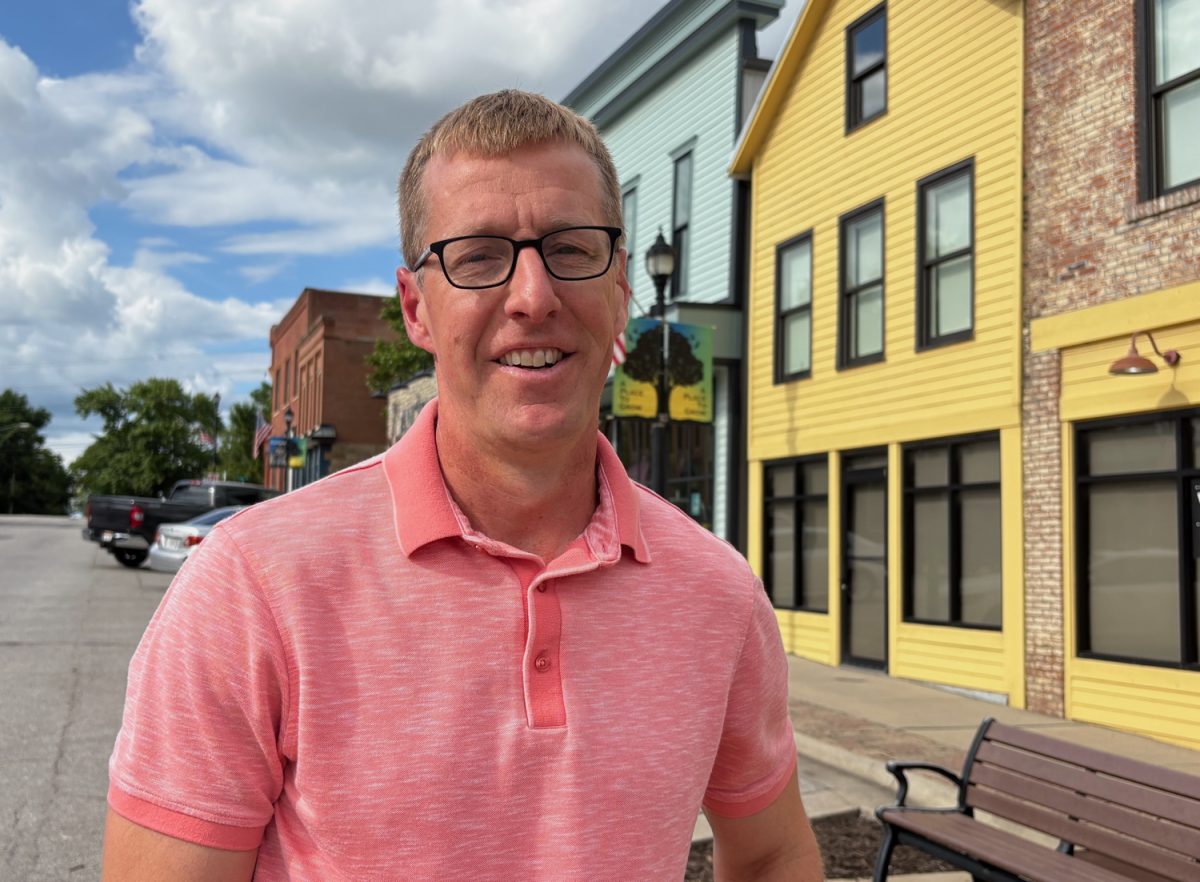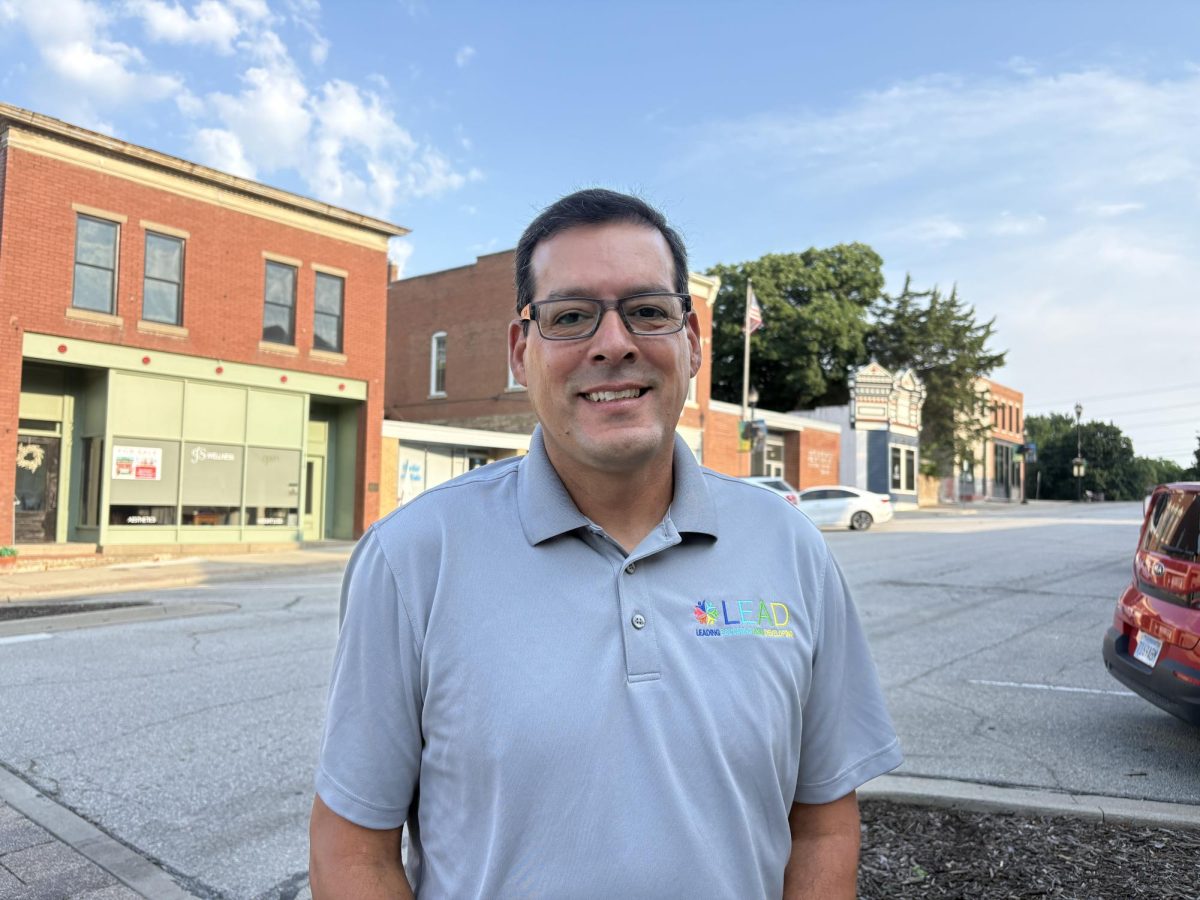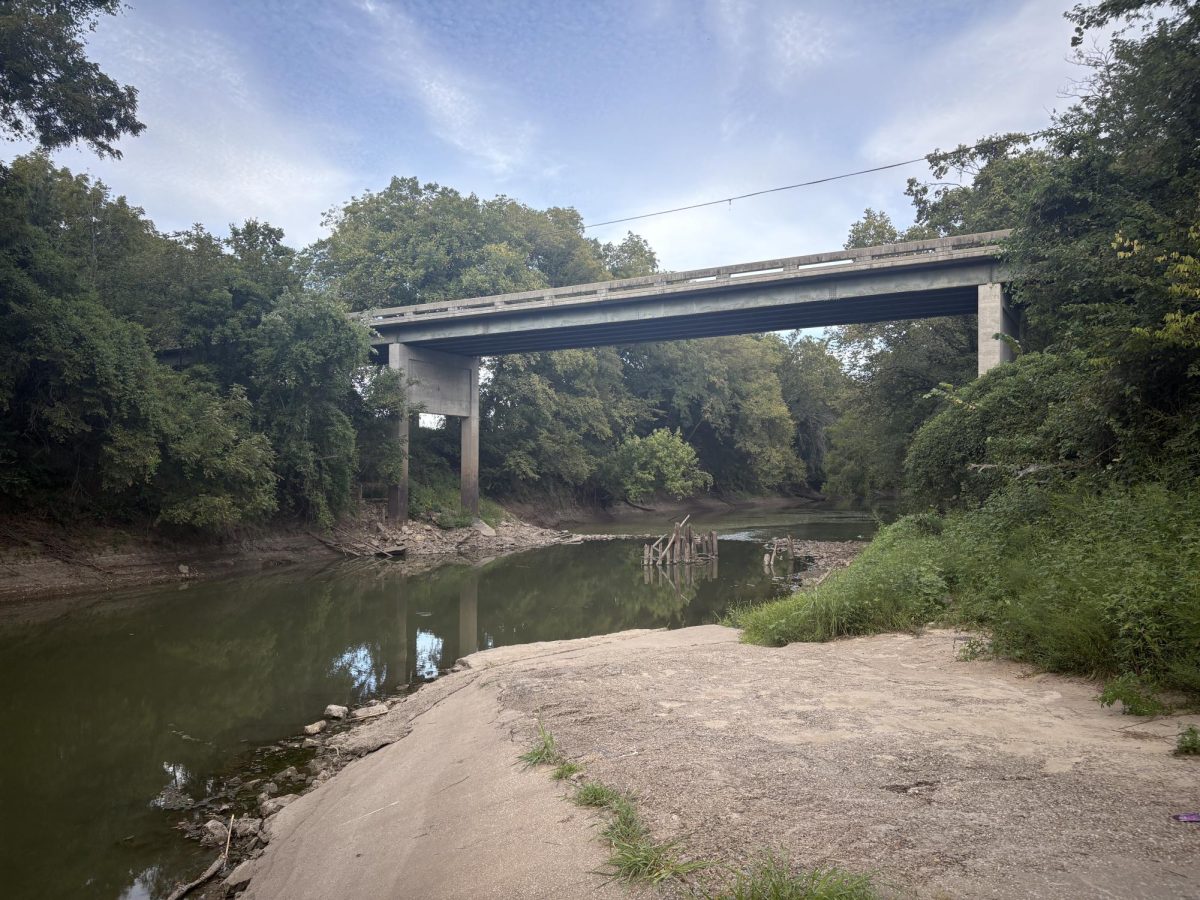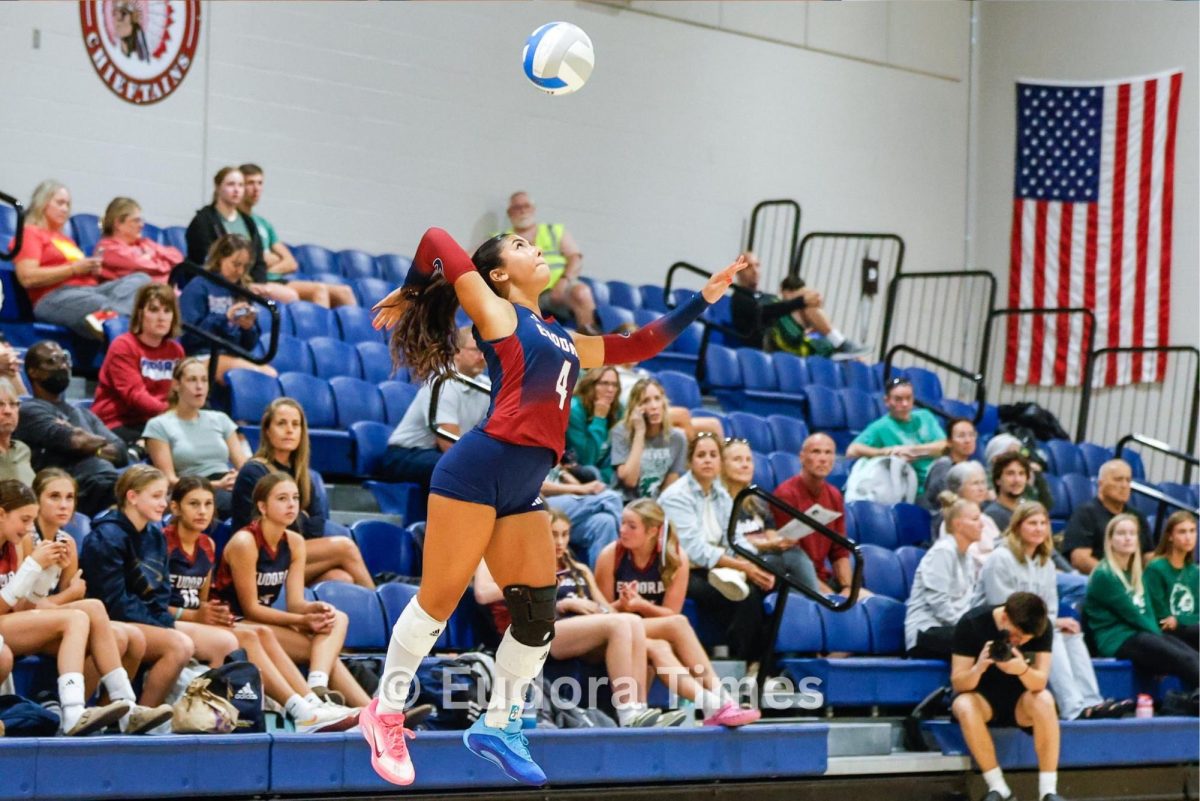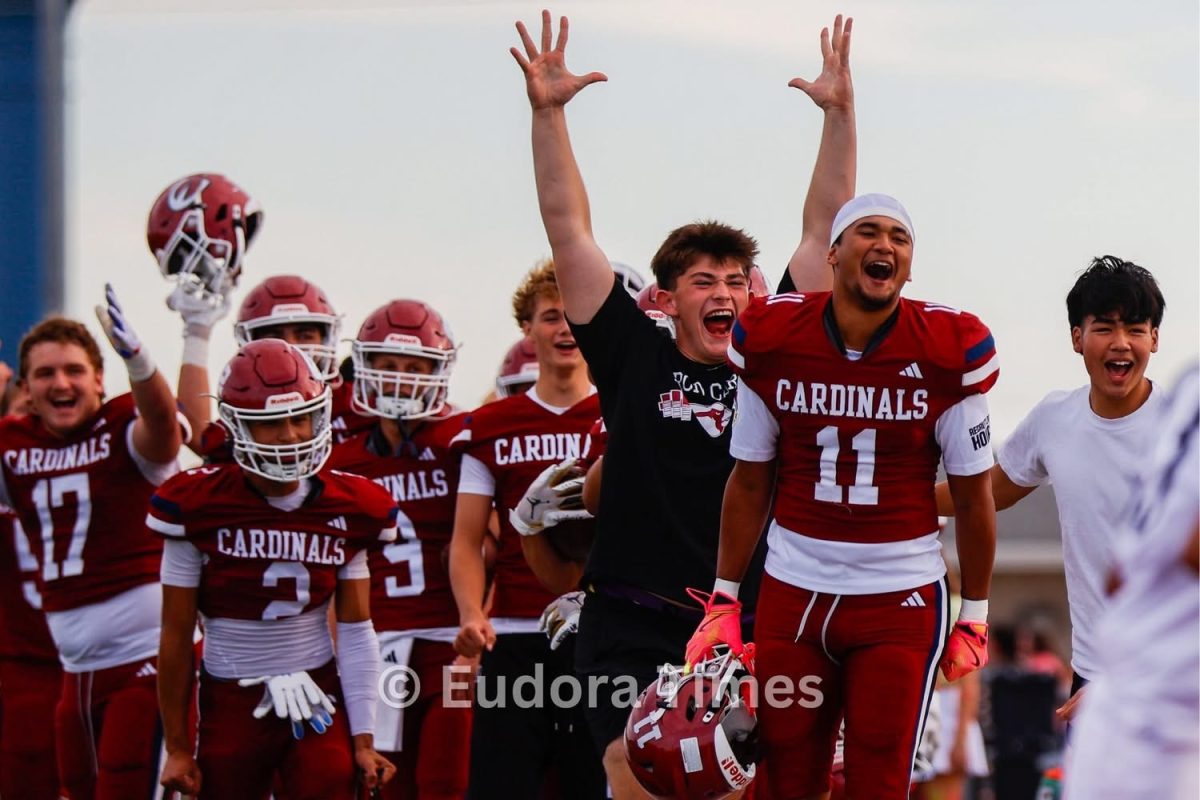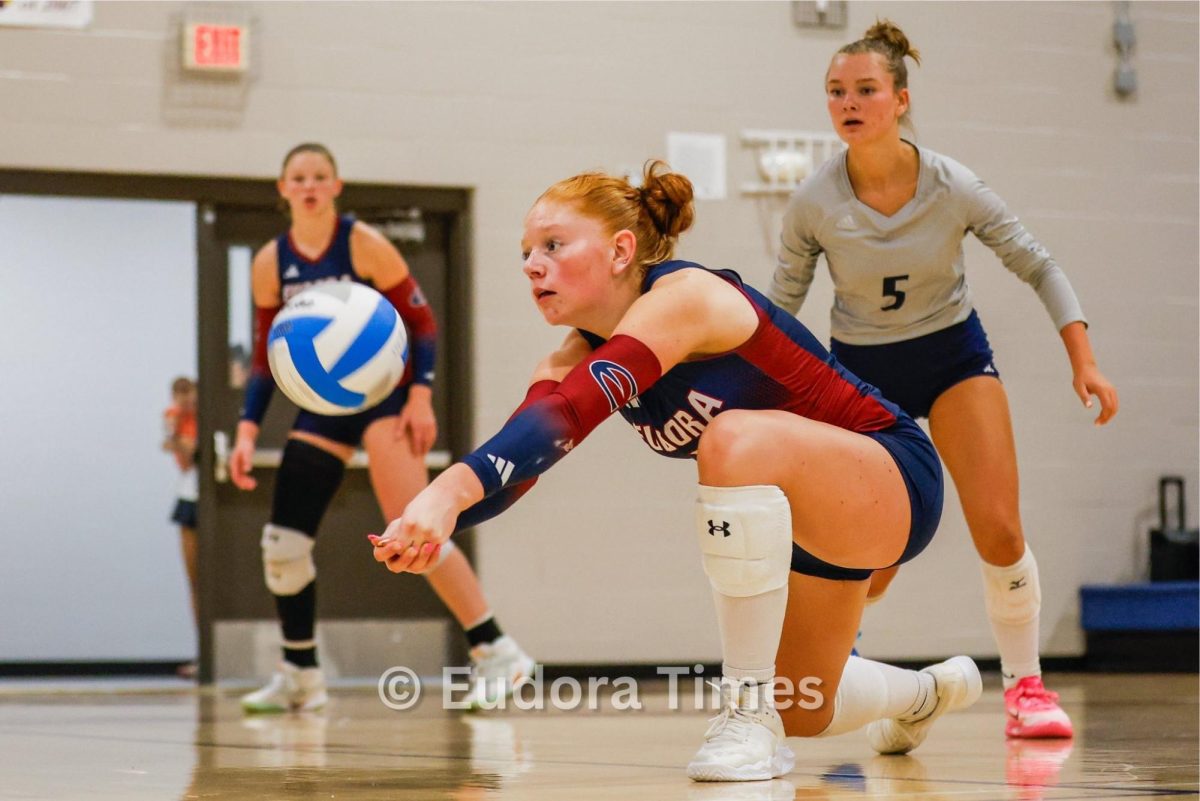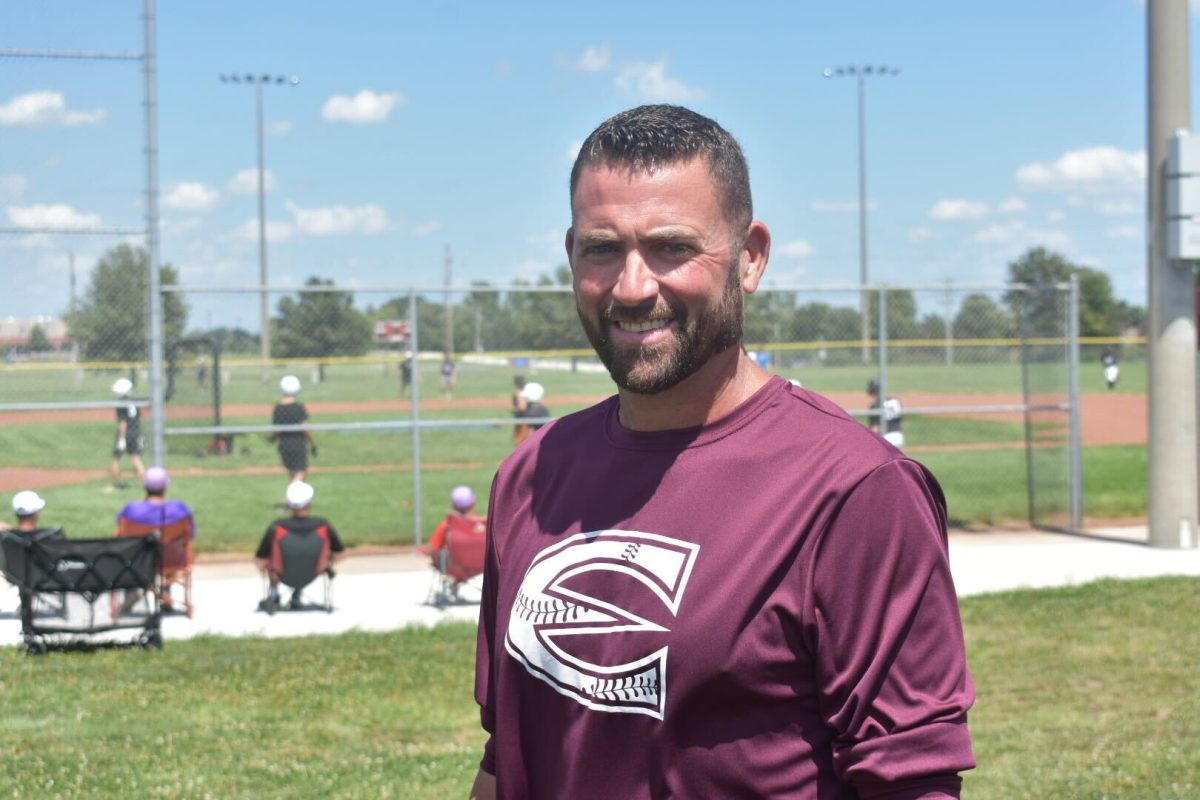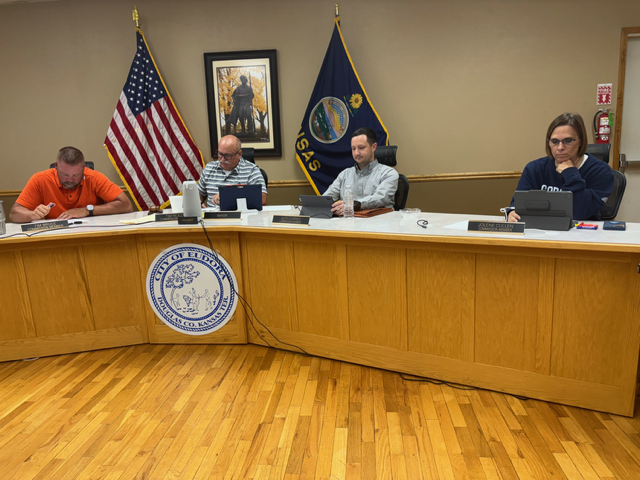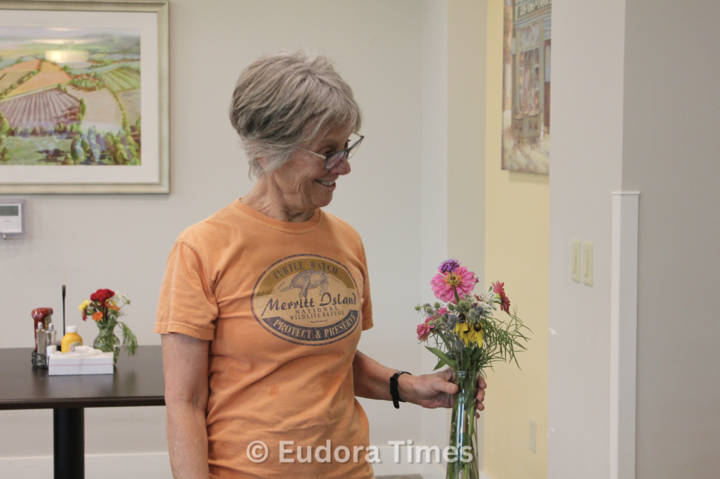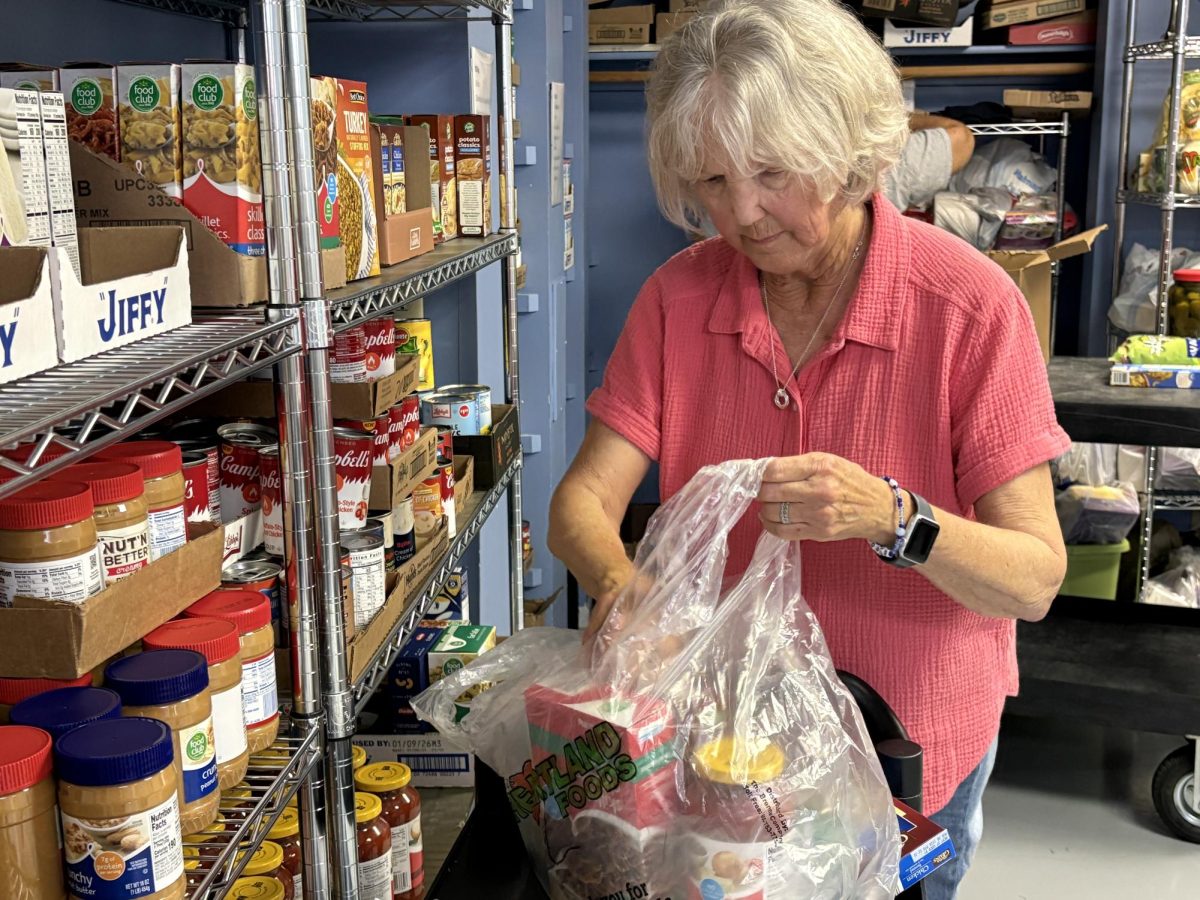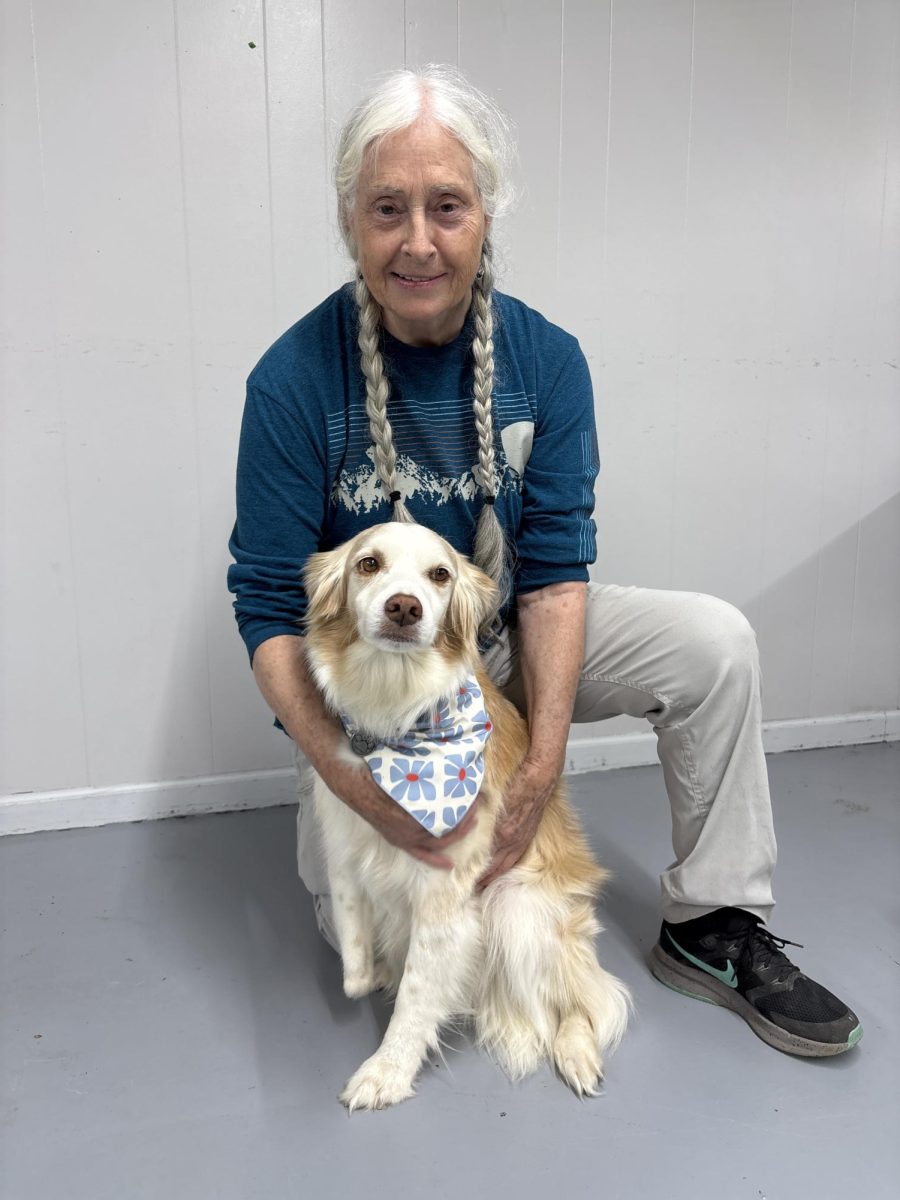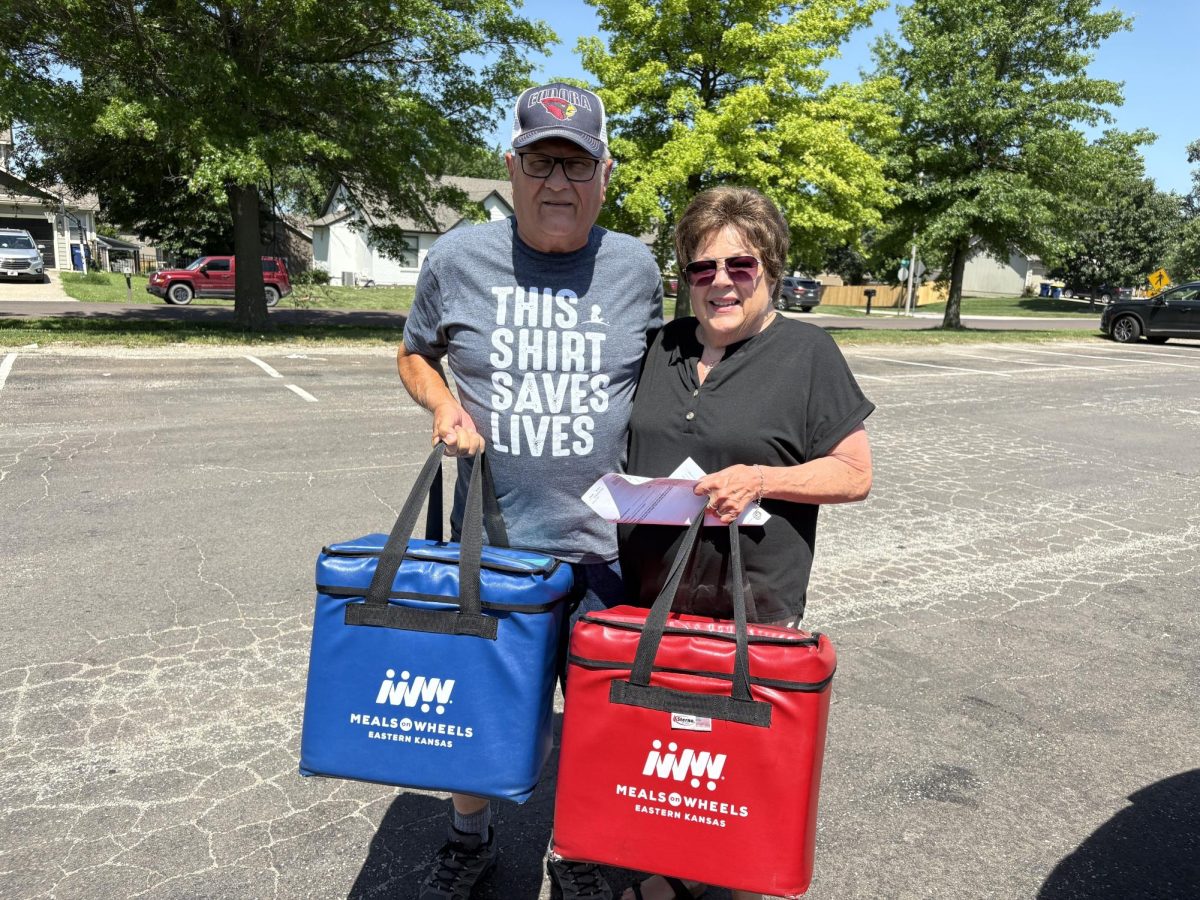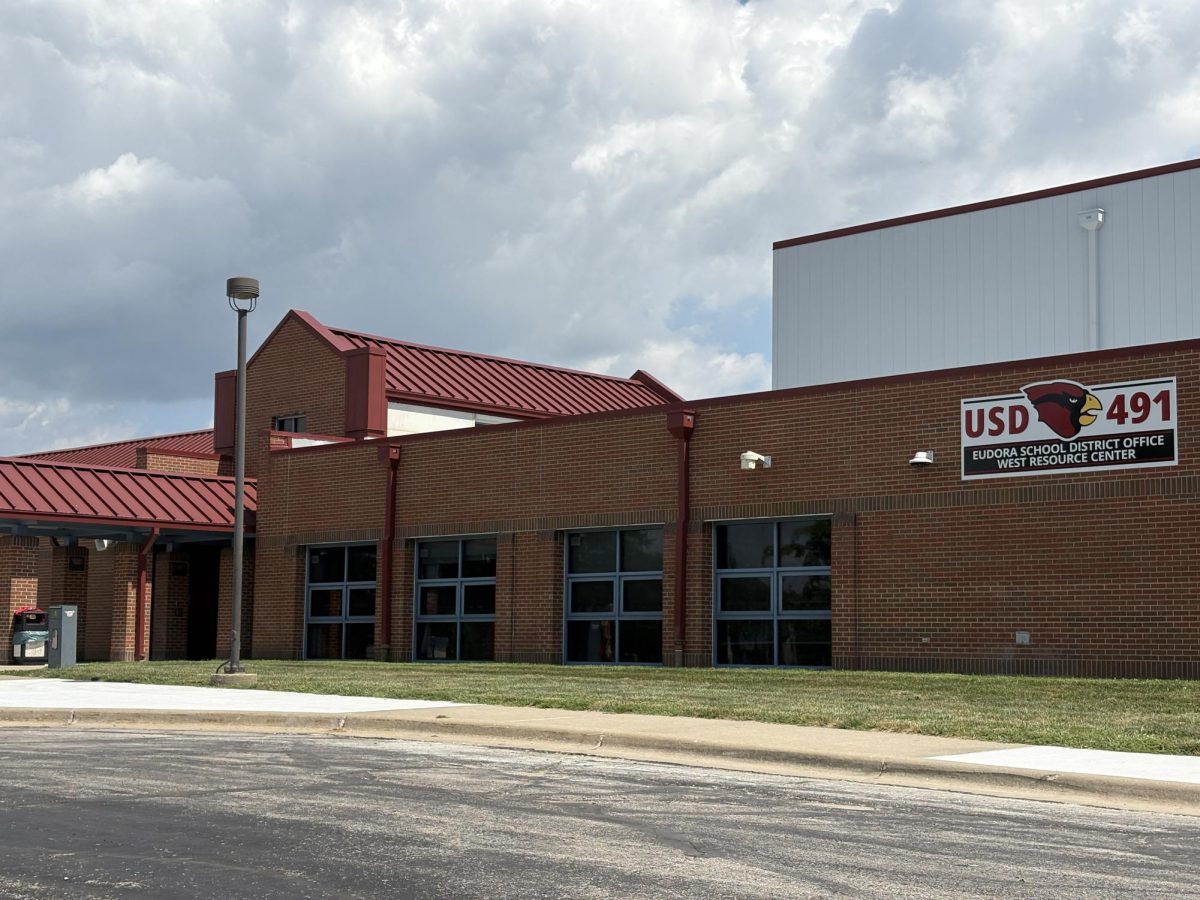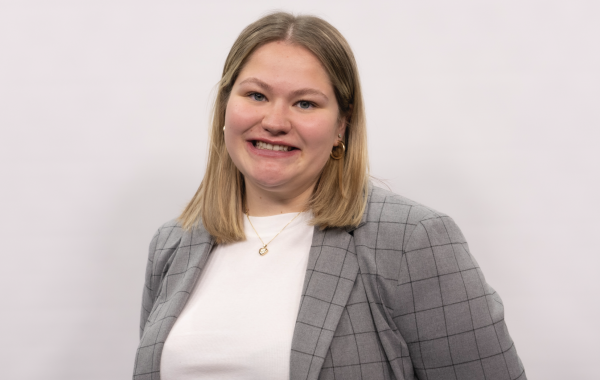This is the eighth story in a nine-part series featuring the candidates in the city and School Board races.
There will be two open seats for the School Board, with five people running for the seats.
Early voting for the election will begin in-person Oct. 15. Advance ballots will also be mailed Oct. 15. The last day to apply for an advance voting mail ballot is Oct. 28.
The county election office will be open 8 a.m. to 5 p.m. Oct. 15 through Oct. 24, then 8 a.m. to 6 p.m. Oct. 27 through Oct. 31. From 9 a.m. to 1 p.m. Nov. 1, Eudora City Hall and the county election office will also be open for advanced voting. Nov 3 is the last day for advanced voting, which will be from 8 a.m. to noon at the election office.
Regular voting will be from 7 a.m. to 7 p.m. Nov. 4.
Shawna Vetter
Current job
Stay-at-home mom, substitute teacher, formerly an insurance agent
Community involvement
Coaching various sports, capital campaign committee for the schools bond, Parents of the Eudora Library, taught at Summer Academy, PTO
Why are you running for election?
I am running because, during COVID, I saw the need of the School Board and what role they played with the superintendent to help facilitate people being safe, but yet getting kids back to school and so it kind of really struck me then, as far as what a big dealing with that was, so now it’s just been the time to where my kids are older, and I’ve been taking care of my aunt, she passed away, so now I don’t have that responsibility.
I really think that there is a lot that can come from having somebody who is in the school district to understand, like, what the teachers need, what the schools needs, students need. And I think that that is going to be one of the important things that I would like to help with.
What issues are most important to you?
Well, a lot of it is seeing what the teachers – I’ve become really good friends with a lot of teachers, paras and staff, and so they kind of confide in me as far as, man, this is not working, you know, we’ve changed this curriculum. And I also feel like we need, and this may be another question, but I feel like we need more support in the classrooms as far as helping the teachers out with students.
That has been a big thing that I noticed, ever since I’ve been substituting and volunteering, is the fact that there’s just not enough support for the teachers, people that have IEPs or people that – just the kids that need extra help, and there’s just not help in the classroom.
What steps need to be done by the district to continue to prepare for any growth as Panasonic is officially open, if any?
We talked a lot about that on the capital campaign, and we kind of developed, if there’s an influx of students, so we get a whole bunch of kids coming in, what are we going to do as far as, are we going to hire more teachers? We were talking about building another pod onto the elementary school at that time. I think a lot of that is going to be, it’s kind of a year-to-year basis.
So now, we’re seeing a decline in the student population, but I know they’re like building for people coming here, apartments and things, and so I think basically just trying to keep the core values of a small community school, but having more people come in. So, we’ll just, obviously, it’ll have to be like a year-by-year basis, just to see if it actually happens.
How do you hope to improve the educational experience for students in the district?
I think I have a couple things that I would like to implement. One would be – not implement but help facilitate – would be more paras in the classrooms, which I know has always been a struggle not having enough support. And I know that there is budget constraints, and it’s a hard job, and I really think that there needs to be more thought put into helping the teachers.
And also, I think pairing with some local places around here, for example, like His Hands Clothing. It’s our little nonprofit place here. They’re just a dream, and I’m friends with her, and she wants to be able to help out the students that need help more. And so we’ve talked about having the Bird’s Nest donating a lot more to things like that, but also being able to come in and have kids shop for free, for back-to-school clothes, and not feel like they’re not able to do that. But just, hey, you know, you come in and get shopping. I would like to get with counselors and stuff like that to see who would benefit from that.
What is the board’s role in helping to recruit and retain staff and teachers?
I know there’s budget constraints and, you know, we can’t pay everybody what they’re worth. I mean, there’s no way to do that, because the teachers are worth so much and even, you know, the paras, the administrative staff, everybody that works there does a great job.
And I think people stay here because it’s a small community, everybody kind of dances together, but I think a lot of teachers also get burnt out because of the way, necessarily, they don’t feel appreciated by staff and the School Board. And I think a lot of times they get burnt out because they have an overwhelming classload as far as too many kids, too many kids that need help, that they do not have help to help them with.
So, I think that that needs to be focused on a lot more, as far as retaining people, if you have more help makes you a better teacher or para.
What would you like to see from the Legislature to provide better support for K-12 education?
It goes back, I think, to having teachers have a little bit more freedom to not have to have such a rigid teaching like we have to do it this way, this way, this way, because in the classrooms now they have changed some things. You don’t have time to really interact with the children. It is such a rigorous, “I have to get through this every single day, and we only have time for 10 minutes for this lesson, so that doesn’t give time to engage with the children.”
And I think that that is a big deal. As far as even over the years I’ve been subbing, it used to be, oh, you would have time to read to the children or have fun in the class. And I feel like a lot of that has been taken away. And it’s just more of, how do we get more schooling in the day?
What is the district’s greatest strength?
I think that everybody has a really good sense of wanting to help everybody and see everybody succeed. So, meaning that our superintendent’s great. He really goes around and visits schools, and I think that he takes into consideration if somebody were to come to him with a problem or a question, I think he does really well with that.
I feel like they all, you know, if you have a problem, you can go to your teacher, and then you can move on to the counselors. I think the counselors are really great here. So, I think that those definitely help. And I think that there could always be more that could happen to make that a more cohesive, comfortable, experience, I guess, or easy.
What about the biggest challenges for the district?
Well, keeping teachers happy, and then going, like at the elementary school, going down from six teachers to five teachers per grade level, that is, and I know it’s because our enrollment is not going up, and also the teachers want to get paid more, but I really feel like sometimes people are disconnected with what the teachers are actually wanting versus what they assume that they want.
So, I think that getting honest feedback from the teachers and the schools on what they would need to facilitate things better for everybody. I think that that will help out a lot as far as keeping teachers, and then making them feel appreciated when they are there, instead of just oh, well, we can get rid of, you know, we could replace.
What is your vision for the future of the district?
I want to see it continue to be great. I moved here, I don’t know, 15, however, many years ago, just for schools for my children. And I think that, overall, it has been awesome as far as that goes. Teaching, we need to keep along that path, but then also build, I think, more on having the teachers want to stay, because increasing their pay obviously helps.
But I think that if we can continue to keep the teachers that are good and they want to be here, that is number one. And then I think that making sure that all of the kids that go through have an equal shot, as far as they can have the same experience, even though they may need help in, like, a different area, yeah.
And I think a lot needs to be focused on, you know, I’ve seen several kids, you know, third grade that can’t read, and so I think we need to focus on a lot of that and why, and getting them up to speed, not necessarily just putting them in the classroom and hoping that the teacher can do everything, but I think we need to focus on a lot of that to make sure that everybody can come out of school and be successful.
Anything else you’d like to add?
I’m basically just running because I think that I would bring a great insight as far as coming from the school standards, as far as what they are actually looking for. I have lots of people that I ask them, “Gosh, what is it that you are having trouble with, or what is it that is making things like obstacles in your way?”
For example, you know, people will come to me and be like, oh, gosh, you know, the board thinks we want that, but that’s not what we want. I’m like, “Oh, really, okay.” And this has happened a lot, and so I think that I have people that can tell me what they are actually feeling and be there and see that, okay, this is really not working as far as having this like this, and I would like to be able to see budget, of course, more money put into resources, as far as helping the teachers, as far as getting paras.
I think that is a huge thing that is not focused on as much. And then keeping the teachers that are here happy and making them want to do better, giving them more control over what, you know, they can do to help with their classes. So, I think that I bring that to the table just for schools, volunteering, you know, coaching, seeing the kids outside of that, just actually caring, you know. I mean, I still have two kids in school, a fifth grader and a freshman, and just being able to be there.
